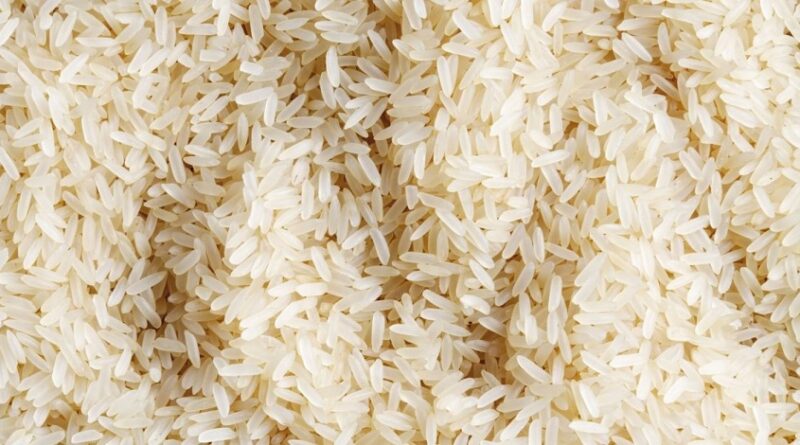Severe dry spell spurs Indonesian rice farmers to switch to corn
By Bloomberg
Some Indonesian rice farmers are planting corn and other crops that require less water as the country braces for its most severe dry season since 2019, partly due to the return of the El Niño weather pattern.
Farmers in Subang, West Java, one of the nation’s top rice-producing regions, have shifted from planting the grain to growing things like cabbage, chili and watermelon instead, in anticipation of drought, said Yadi Sofyan Noor, chairman of Andalan Fishermen and Farmers Community.
The move shows how El Niño could worsen rice shortages in Asia, where billions of people depend on it as a staple food. Rice prices in the region have already surged to the highest in more than three years after top shipper India restricted exports to ensure local supplies. The increase in costs adds to inflationary pressures and boosts import bills for buyers like Indonesia.
Rice is a water-guzzling crop and thrives in places with a monthly rainfall of about 200 millimeters; corn requires just 85 millimeters. Indonesia’s weather agency has warned of the most severe dry season since 2019, with very low rain intensity of about 20 millimeters a month in some areas in the second half of the year. The Southeast Asian nation also flagged rising wildfire risks.
Indonesia aims to be self-sufficient in rice, and any significant drop in output puts that goal at risk. This year, the country has allowed Bulog, the state-owned food logistic company, to import 2 million tons, up from 500,000 tons the year before. This is seen as necessary as the government wants to keep food prices in check, especially ahead of general elections in 2024.
Farmers could fail to harvest rice from more than 200,000 hectares of paddy fields this year, out of a total of 7.5 million hectares planted to the crop, the agriculture ministry estimates. Meanwhile, local corn prices have climbed on improved demand for animal feed, increasing the crop’s appeal to growers.
Outside of Indonesia, hot and dry weather is also having an impact on rice planting in Thailand and Vietnam — among the world’s top exporters. India’s curbs stemmed from concern about domestic inflation and uneven rainfall.
Still, the Indonesian government said this week it remains confident that production can reach its target and the country will have sufficient reserves. Bulog has stockpiled 740,000 tons of rice and will buy additional volumes from local farmers to boost inventories to 1.2 million tons by the end of the year.
About 800,000 tons of imported rice have arrived in Indonesia and a further 300,000 tons of purchases will follow, Awaludin Iqbal, the corporate secretary of Bulog, said by text. Most cargoes come from Thailand and Vietnam.
This article has been republished from Money control

